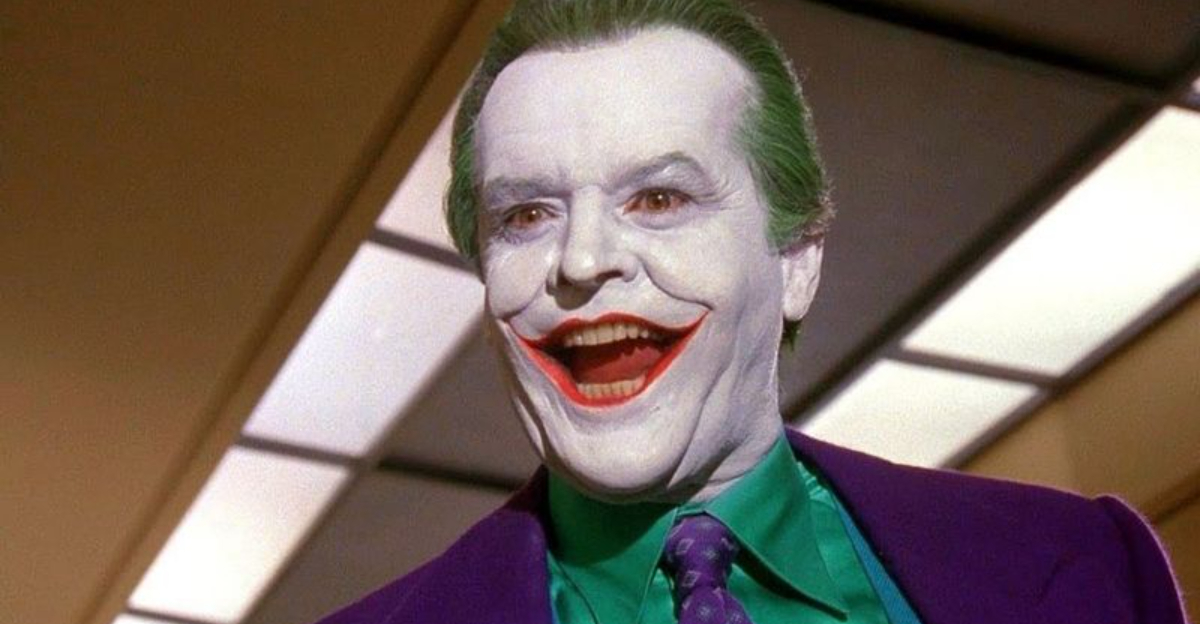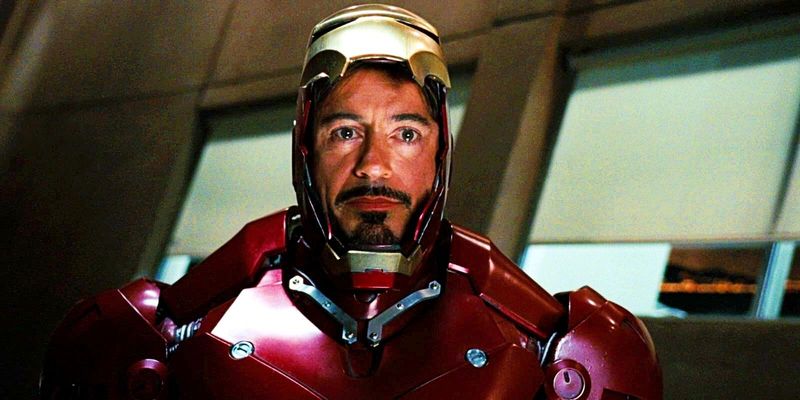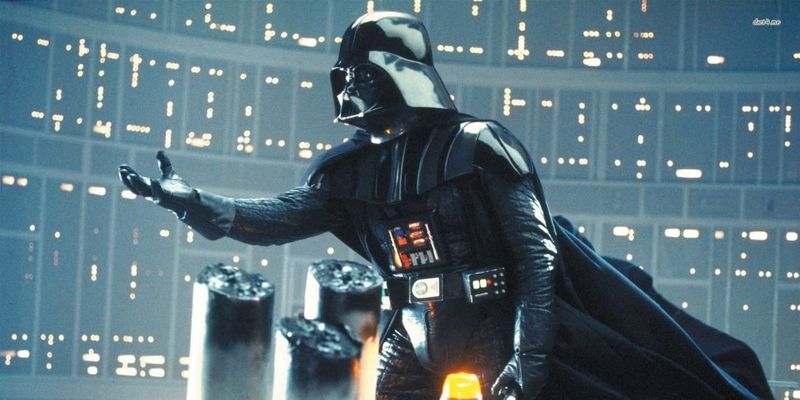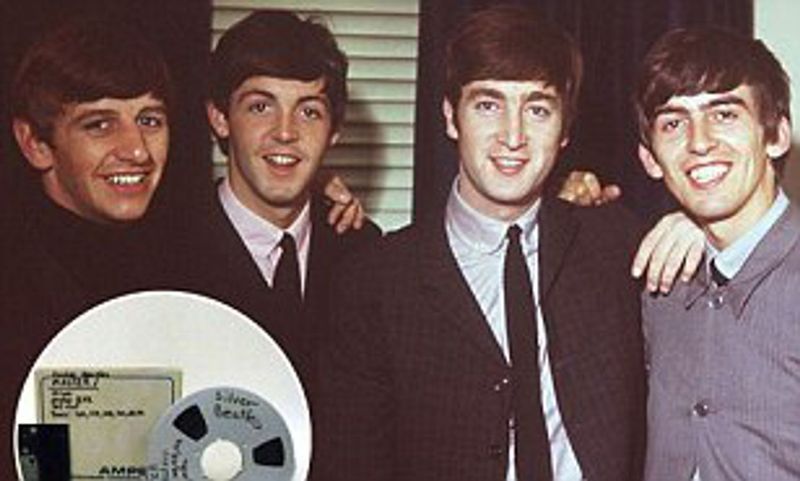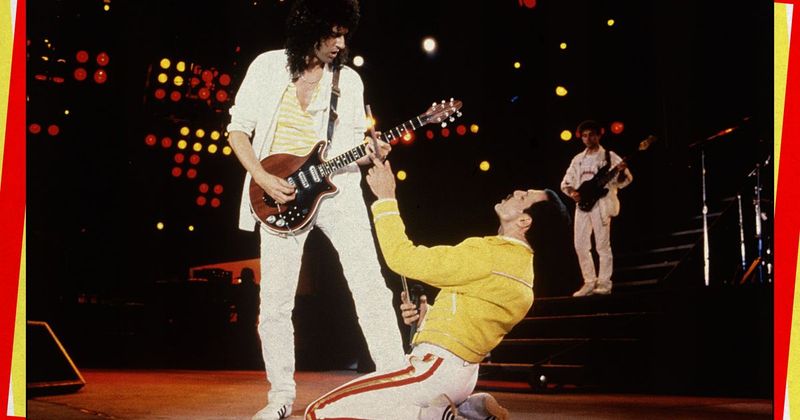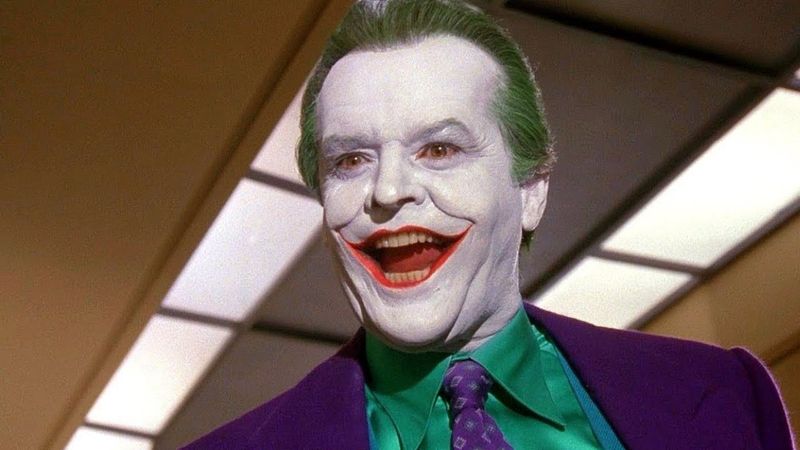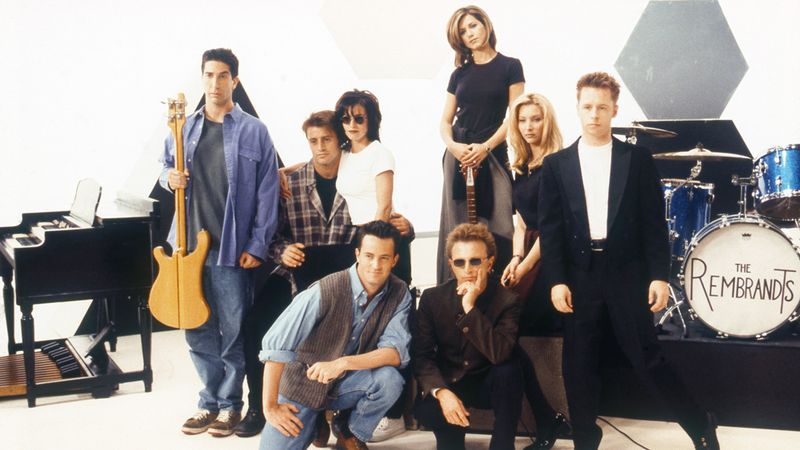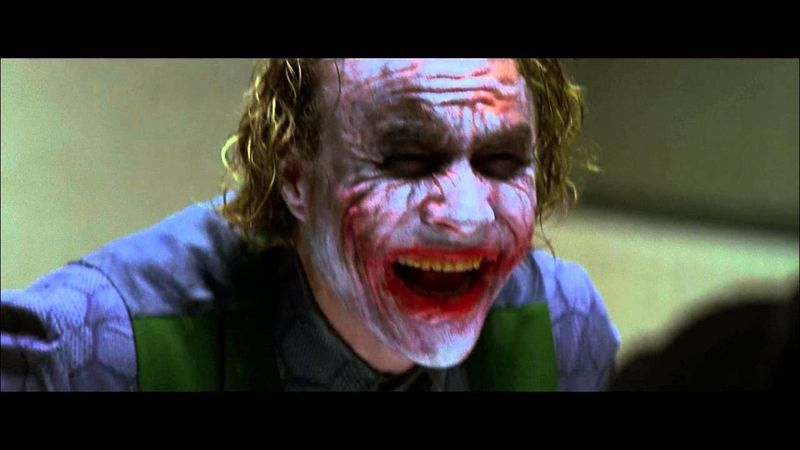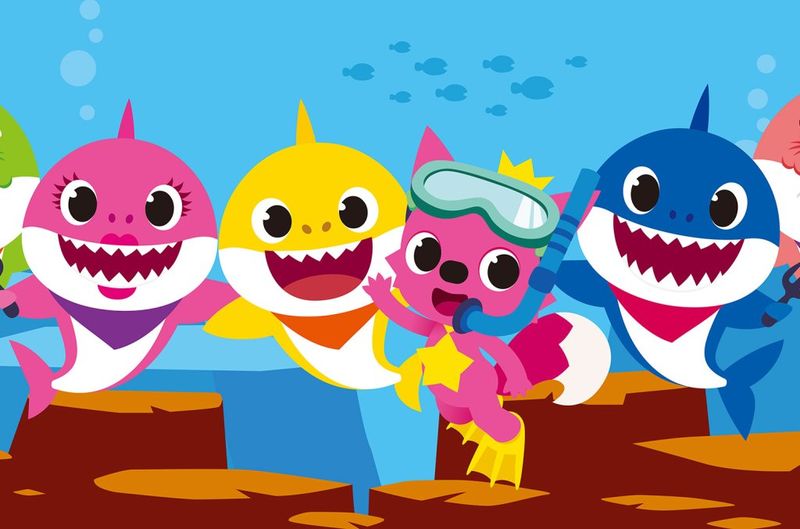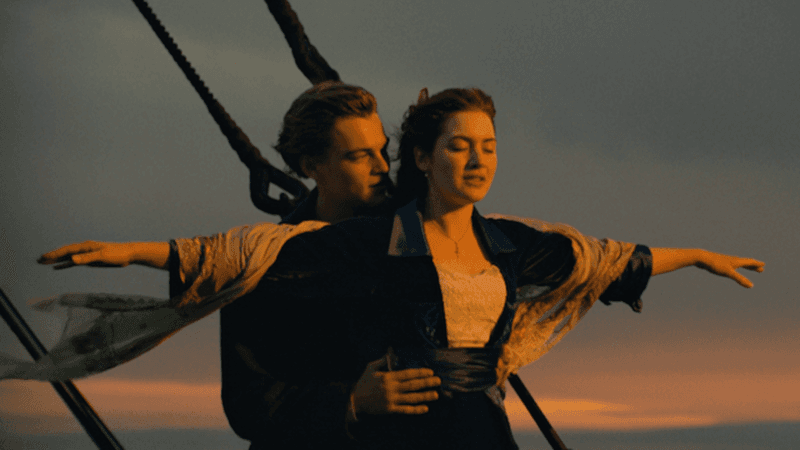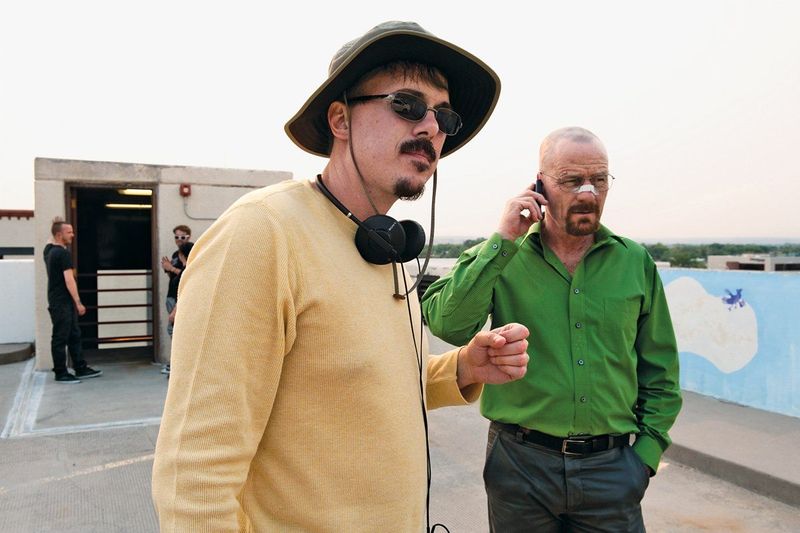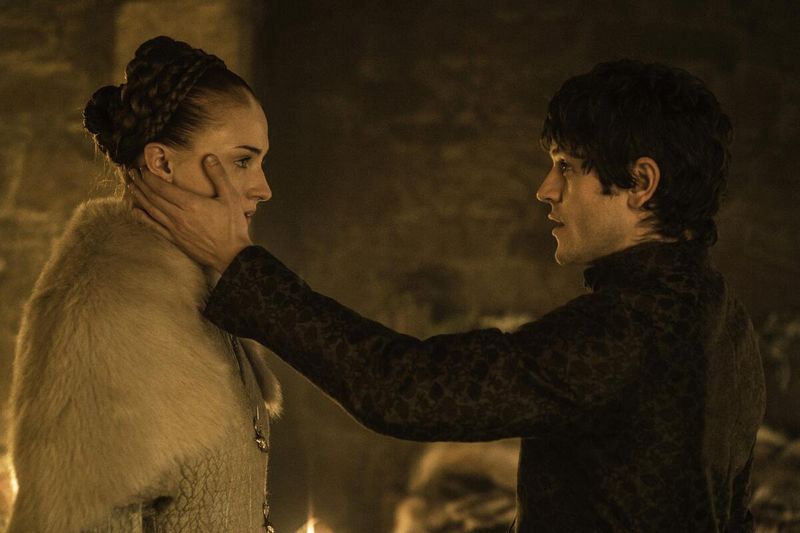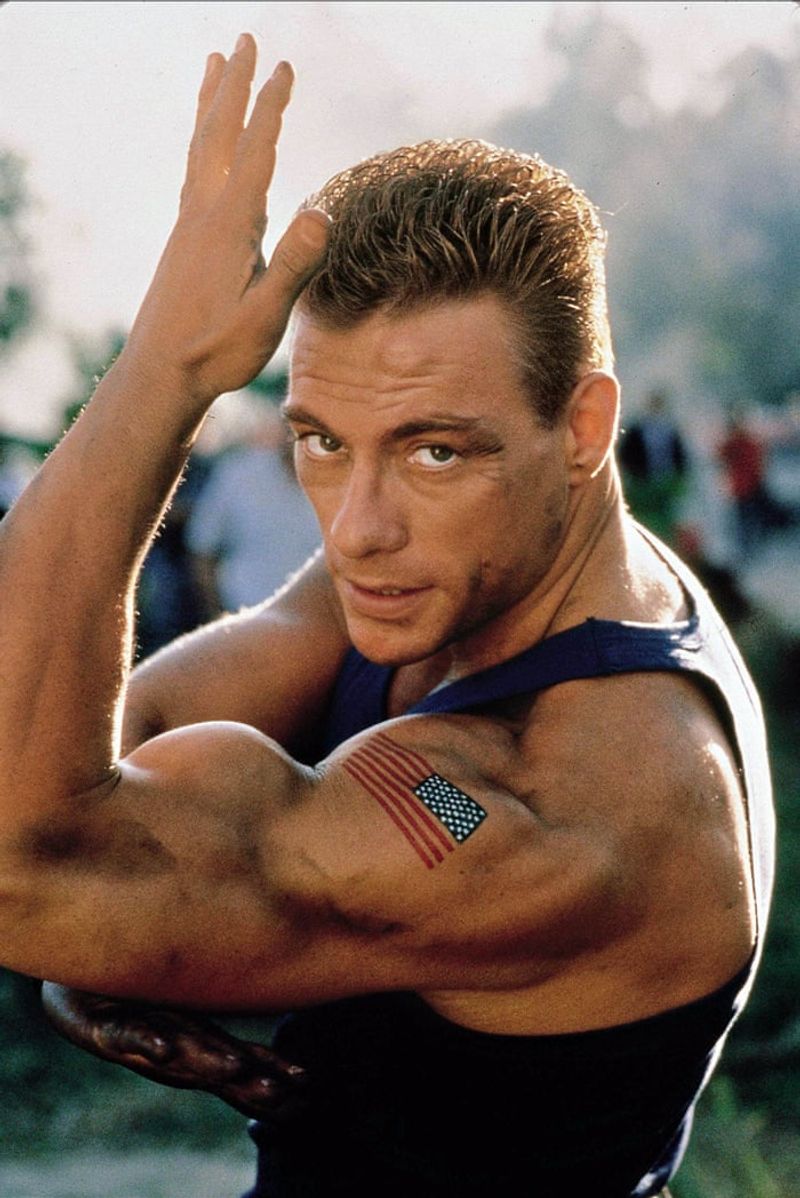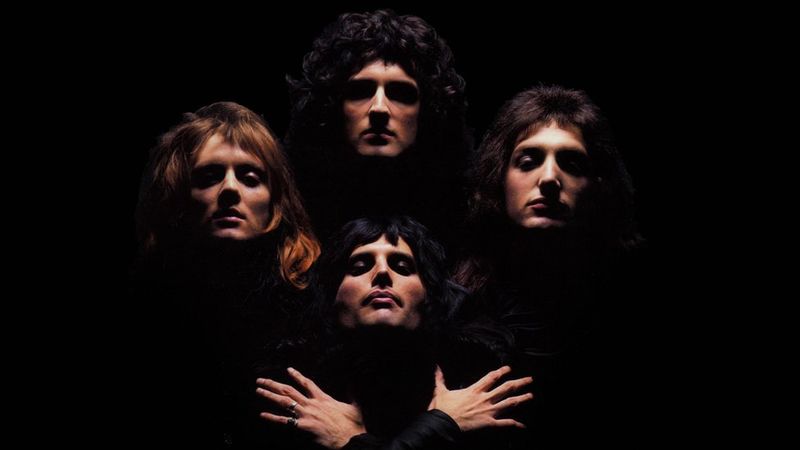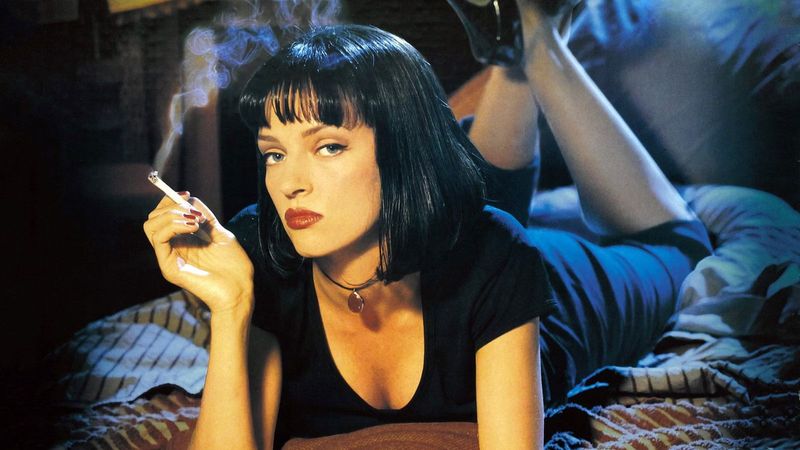Pop culture is filled with iconic moments, many of which were never supposed to happen. These moments have shaped our cultural landscape unexpectedly, leaving lasting impressions. From casting decisions that seemed unlikely to improvised lines that became legendary, each of these instances stands out as a testament to the unplanned magic of entertainment history. Let’s explore 15 such moments that took the world by surprise and became unforgettable.
1. Robert Downey Jr. Almost Wasn’t Iron Man
Who could imagine Iron Man without Robert Downey Jr.? Yet, Marvel initially had Tom Cruise or Nicolas Cage in mind for the 2008 film. Director Jon Favreau believed in Downey’s potential and fought for him despite his troubled past. This gamble transformed RDJ into a global icon. The actor’s charismatic performance and unique wit redefined the superhero genre. Favreau’s unwavering confidence in Downey’s abilities paid off tremendously. History was made, and a new era of superhero films began. RDJ’s casting remains a pivotal moment in cinematic history, forever changing the landscape of pop culture and superhero films.
2. Darth Vader’s Famous Line Was Improvised
“No, I am your father.” These iconic words were never in the script. James Earl Jones, the voice behind Darth Vader, ad-libbed the line during the filming of “The Empire Strikes Back” in 1980. Originally, the script had “Obi-Wan killed your father.” This spontaneous change shocked audiences and became one of cinema’s most memorable moments. It added depth to the Star Wars saga, creating a complex relationship between Vader and Luke. This twist redefined the storyline, leaving fans in awe. It showcased the power of improvisation in filmmaking, making history with just a few words.
3. The Beatles Were Rejected by a Major Record Label
Imagine a world where The Beatles never made it big. In 1962, Decca Records rejected them, famously stating, “Guitar groups are on the way out.” Yet, this setback didn’t deter the band. They persevered, eventually signing with EMI and changing music history forever. Their innovative sound and charisma captured hearts worldwide. The Beatles became legends, proving Decca’s decision a colossal mistake. This rejection is a testament to their resilience and talent. It reminds us that even icons face obstacles. The Beatles’ journey from rejection to superstardom is an inspiring tale of ambition and triumph.
4. “We Will Rock You” Was Created to Get Crowds Clapping
Queen’s classic anthem, “We Will Rock You,” began as a whimsical idea. Brian May, the band’s guitarist, wanted a song that encouraged audience participation. In just a few minutes, he composed the now-iconic stomp-stomp-clap beat. Released in 1977, it became a staple at sports events and concerts worldwide. The song’s simplicity and energy resonate with audiences, making it a universal favorite. Its infectious rhythm invites everyone to join in, transforming performances into communal celebrations. Queen’s ability to connect with fans through music is legendary. “We Will Rock You” remains an enduring symbol of unity and enthusiasm.
5. Jack Nicholson Wasn’t the First Choice for The Joker
Jack Nicholson’s portrayal of The Joker in 1989’s “Batman” is iconic, yet he wasn’t the initial choice. Tim Burton considered Robin Williams and David Bowie for the role. Nicholson’s unique approach and charisma brought the character to life, leaving an indelible mark on cinema. His performance blended humor and menace, redefining the comic book villain archetype. Nicholson’s Joker was both terrifying and captivating, setting a high standard for future portrayals. This casting decision proved pivotal, shaping the film’s success and influencing the portrayal of villains in film. It showcased the power of inspired casting and creative vision.
6. “I’ll Be There for You” (Friends Theme) Was a Last-Minute Add
The beloved “Friends” theme song, “I’ll Be There for You” by The Rembrandts, was almost never part of the show. Initially, producers considered using a different tune. However, the last-minute addition of this catchy song captured the essence of friendship and camaraderie, perfectly complementing the series. Its upbeat tempo and relatable lyrics struck a chord with viewers, becoming instantly recognizable. The theme song played a significant role in the show’s identity, resonating with audiences worldwide. It remains a nostalgic reminder of the iconic sitcom, celebrating the bonds of friendship and the joy of shared experiences.
7. Heath Ledger’s Joker Laugh Was Unscripted
The haunting laugh of The Joker in “The Dark Knight” was never planned. Heath Ledger, known for his immersive method acting, improvised the chilling, slow-clap laugh. It became an integral part of his portrayal, adding depth to the character’s madness. Ledger’s commitment to the role was evident in every scene, earning him posthumous acclaim and an Academy Award. His portrayal was both terrifying and mesmerizing, setting a new standard for villains in film. This unscripted moment highlighted Ledger’s genius and creativity, leaving audiences captivated. His performance remains a masterpiece in cinematic history, forever remembered for its intensity.
8. “Baby Shark” Was a Kids’ Song That Became a Global Phenomenon
“Baby Shark,” originally a simple campfire tune, evolved into a global sensation. In 2016, Pinkfong’s catchy version captivated children and parents alike, becoming an earworm. Its repetitive melody and playful lyrics made it irresistible and viral. The song’s popularity soared, breaking YouTube records and becoming a cultural phenomenon. “Baby Shark” inspired dance challenges, merchandise, and even live shows. It highlights the unpredictable nature of viral trends. Despite its simplicity, it managed to connect with audiences worldwide, showcasing the power of music to bring joy and entertainment. “Baby Shark” continues to be a beloved and enduring hit.
9. “Titanic” Was Predicted to Be a Flop
James Cameron’s “Titanic” faced skepticism before its release. Critics labeled it “too expensive” and “doomed,” predicting its failure. However, the film defied expectations, becoming the first to earn over $1 billion. Its epic love story and breathtaking visuals captivated audiences, making it a timeless classic. “Titanic” swept the Oscars and remains one of the highest-grossing films. This surprising success story highlights the unpredictability of the film industry. Cameron’s vision and dedication paid off, creating a cinematic masterpiece that continues to resonate with viewers. “Titanic” is a testament to the power of storytelling and perseverance.
10. “Breaking Bad” Was Almost a Sitcom
Imagine “Breaking Bad” as a sitcom. Initially, creator Vince Gilligan pitched it as a dark comedy. AMC, however, encouraged him to explore its dramatic potential. This shift allowed the show to delve deeper into themes of morality and transformation, making it one of television’s greatest dramas. Bryan Cranston’s portrayal of Walter White became iconic, earning critical acclaim. The show’s complex characters and gripping narrative captivated audiences. “Breaking Bad” redefined the crime drama genre, influencing countless series. The decision to embrace its darker side proved pivotal, creating a cultural phenomenon that left a lasting impact on television storytelling.
11. “Game of Thrones” Fans Rewrote a Key Scene
Fan influence reached new heights with “Game of Thrones.” After backlash over Sansa Stark’s wedding night scene, creators adjusted future scripts, acknowledging audience concerns. This moment marked a shift in how fan feedback shaped storytelling. The show’s creators recognized the importance of sensitivity and engagement with their audience. “Game of Thrones” became a cultural phenomenon, captivating viewers worldwide with its intricate plot and rich characters. The decision to respond to fans’ concerns demonstrated the power of collective voices. It reshaped the series’ narrative, highlighting the significant role fans play in modern entertainment.
12. “The Matrix” Was Offered to Jean-Claude Van Damme
Before Keanu Reeves became Neo, “The Matrix” was pitched as a martial arts film starring Jean-Claude Van Damme. Imagine the iconic bullet-dodging scenes with a different lead. This casting decision could have altered the film’s legacy. Instead, Reeves brought a unique blend of depth and charisma to the role, defining the character. “The Matrix” redefined the sci-fi genre with its groundbreaking visual effects and philosophical themes. The film’s impact on pop culture is immeasurable, inspiring countless films and media. Choosing Reeves proved pivotal, solidifying “The Matrix” as a visionary masterpiece that continues to influence and captivate audiences worldwide.
13. “Bohemian Rhapsody” Was Called “Too Long” for Radio
Queen’s “Bohemian Rhapsody,” initially deemed “too long” for radio, defied conventions. DJs hesitated to play the six-minute epic, fearing it wouldn’t resonate with listeners. However, fans demanded its airtime, launching it to #1 on the charts. The song’s complex structure and theatrical flair captivated audiences, making it a timeless classic. “Bohemian Rhapsody” became a hallmark of musical innovation, showcasing Queen’s creativity and fearlessness. Its success proved that audiences craved unique and daring compositions. The song’s enduring popularity is a testament to its brilliance and the band’s visionary artistry. “Bohemian Rhapsody” continues to inspire and enchant listeners worldwide.
14. “Stranger Things” Was Originally Called “Montauk”
“Stranger Things,” the Netflix hit, was initially titled “Montauk.” Inspired by a real military experiment, its plot and setting underwent significant changes. The show’s creators, the Duffer Brothers, shifted the narrative to a fictional Indiana town, crafting a nostalgic homage to 1980s pop culture. “Stranger Things” quickly gained a devoted fanbase, captivating viewers with its blend of mystery, science fiction, and heartwarming friendships. The decision to rename and reframe the series proved crucial to its success. “Stranger Things” is celebrated for its unique storytelling and nostalgic charm, making it a standout in modern television.
15. “Pulp Fiction” Was Almost Never Made
Quentin Tarantino’s “Pulp Fiction” faced numerous hurdles before becoming a cult classic. Studios rejected the script over 20 times, deeming it too unconventional. Harvey Keitel, an actor in the film, stepped in to help fund the project. This risky move paid off, as “Pulp Fiction” captivated audiences with its non-linear storyline and eclectic characters. The film’s success revitalized independent cinema, earning numerous awards and accolades. Tarantino’s unique vision and storytelling prowess shone through, establishing him as a leading filmmaker. “Pulp Fiction” remains a cinematic landmark, celebrated for its innovation and impact on the film industry.
